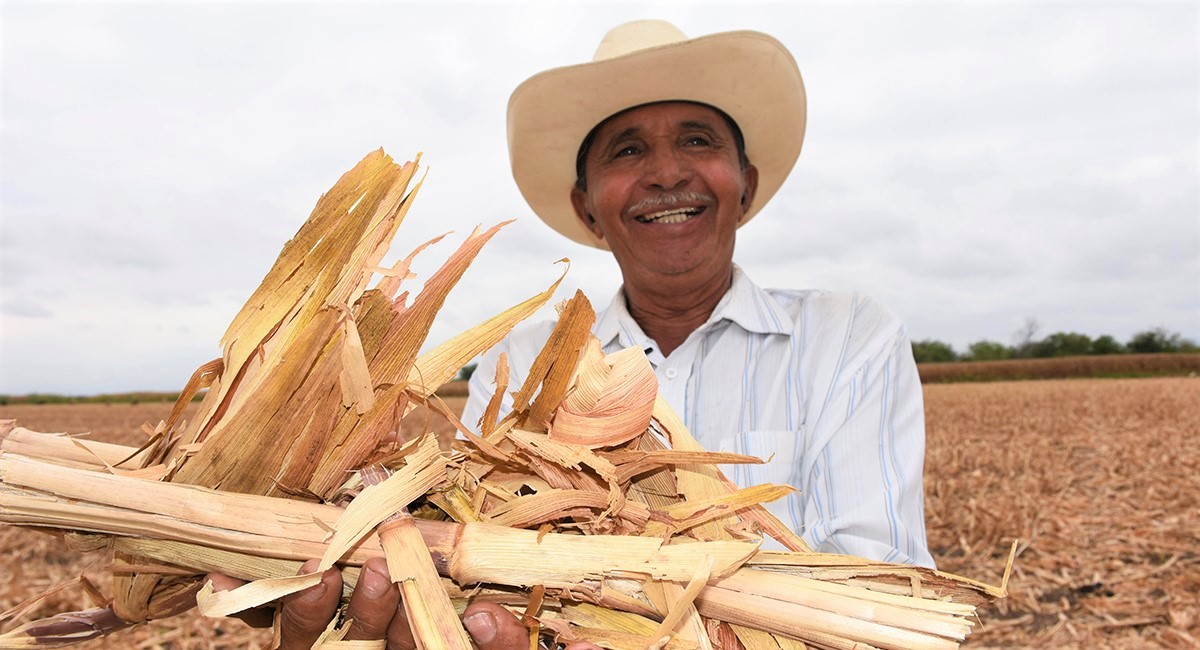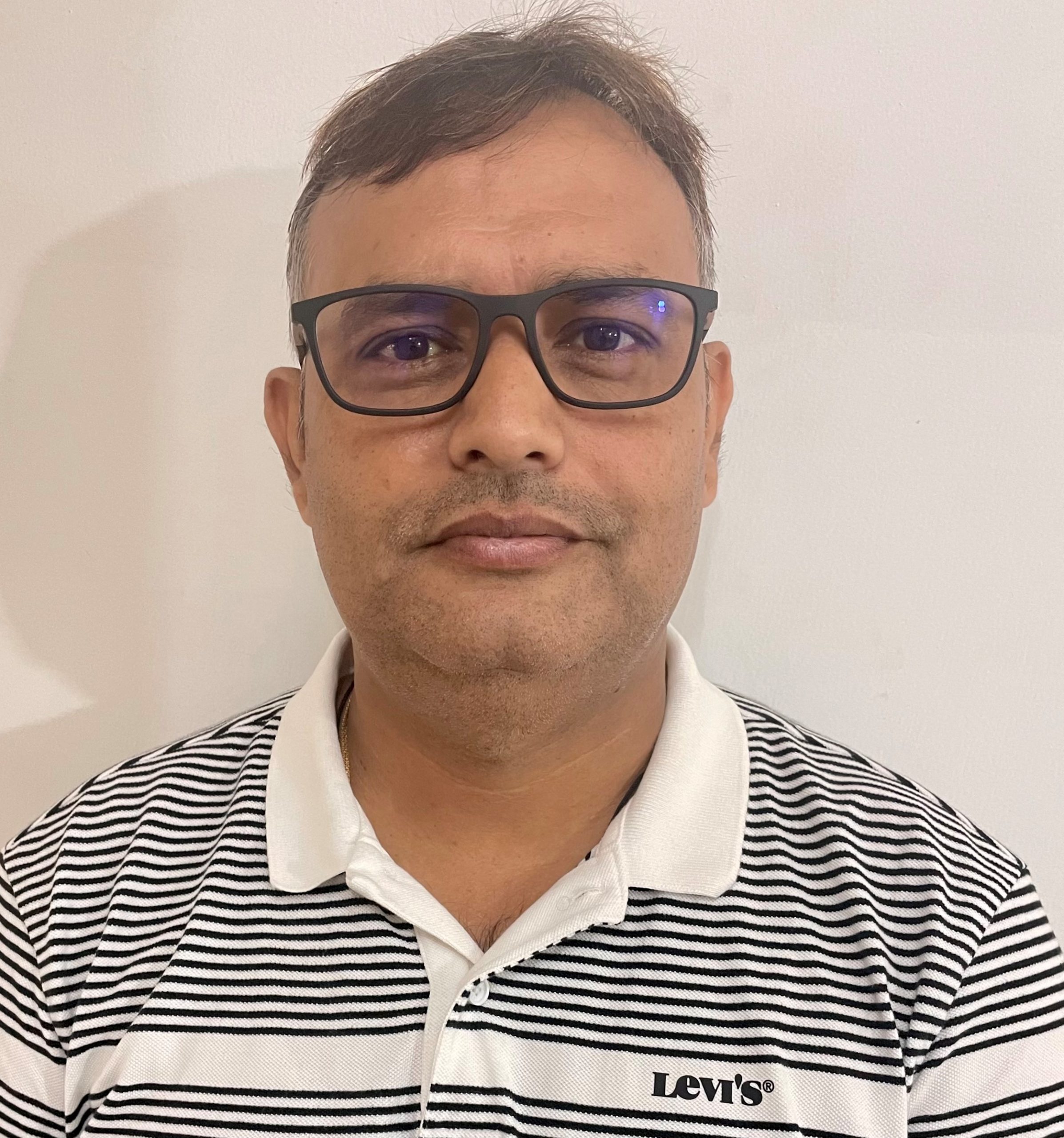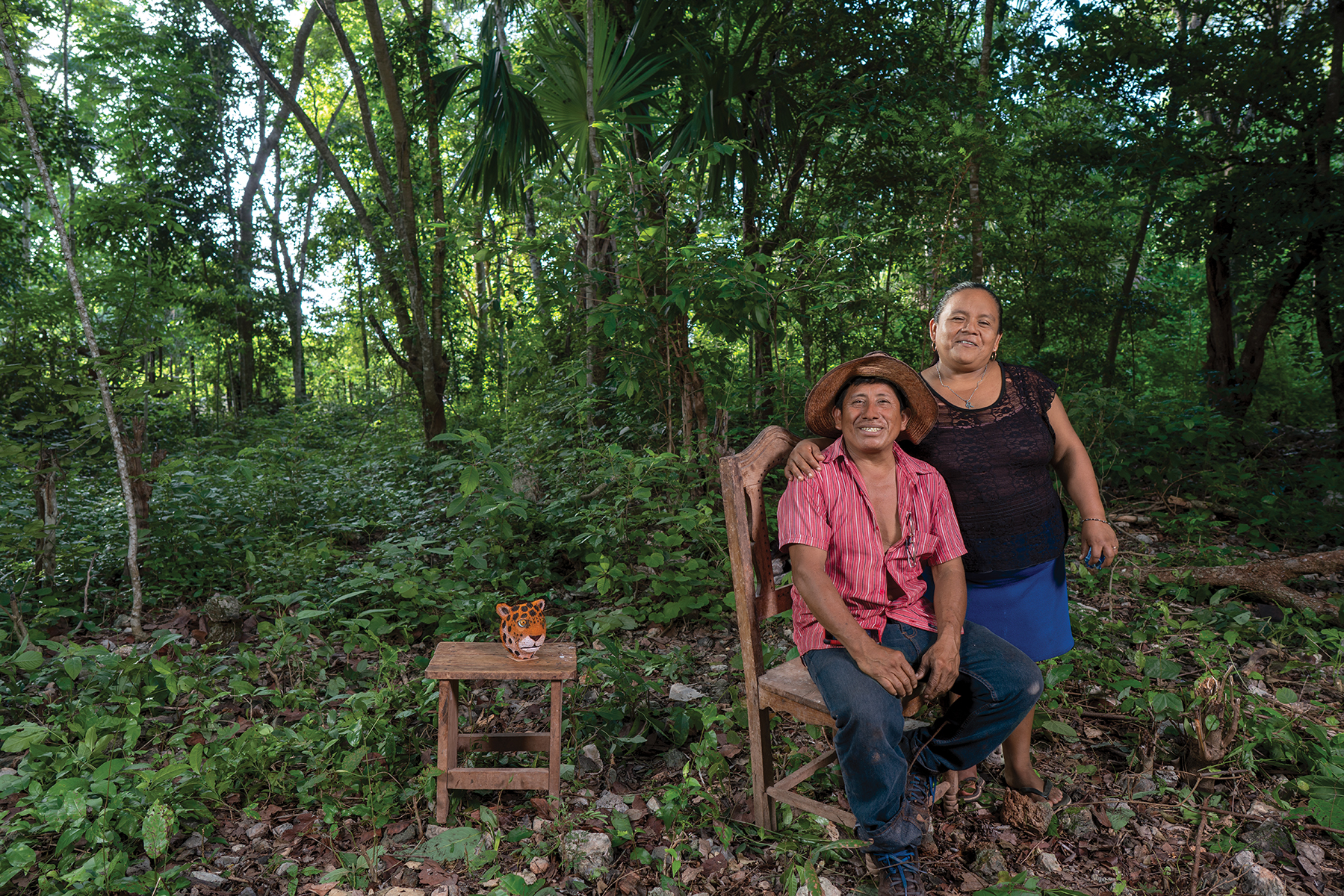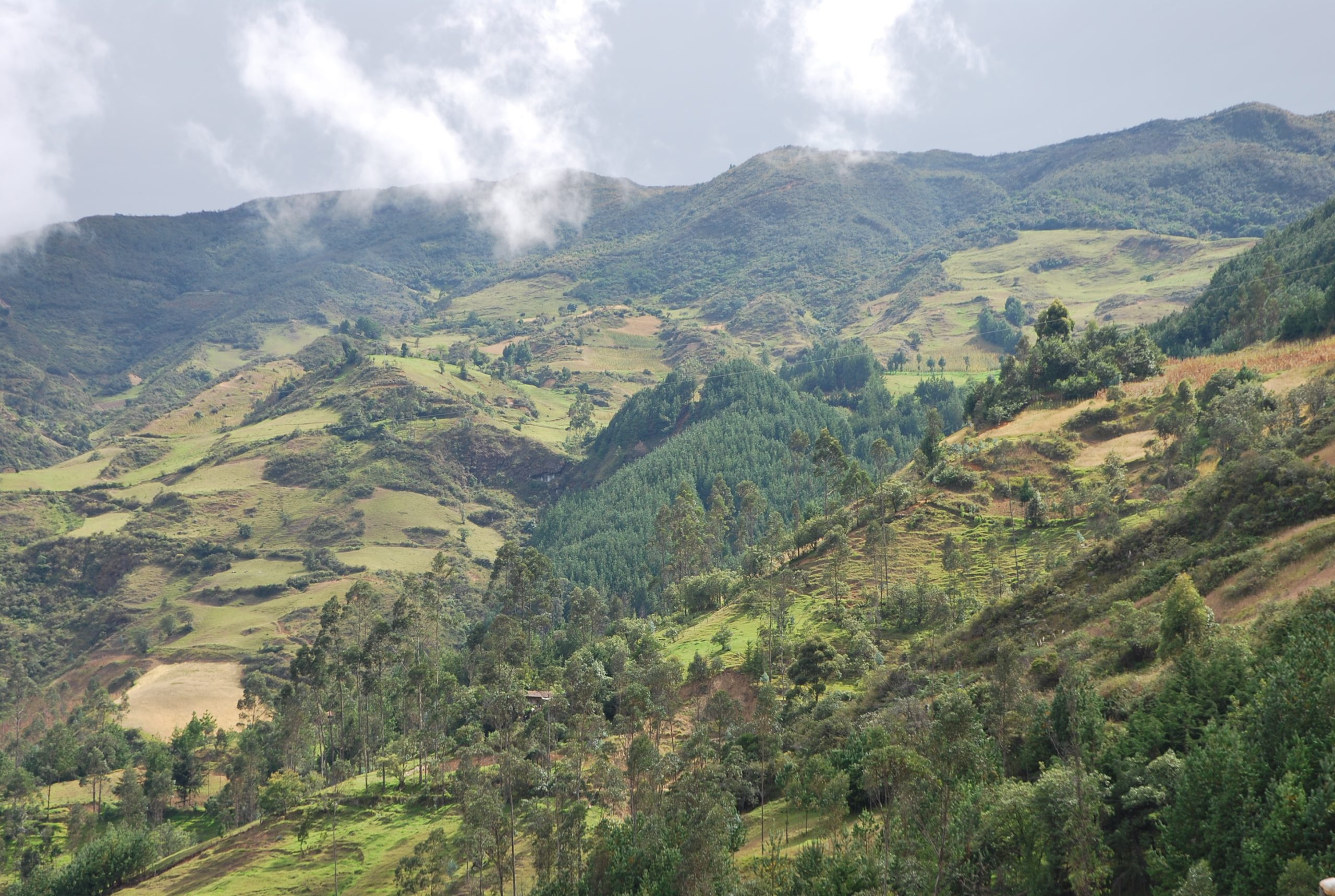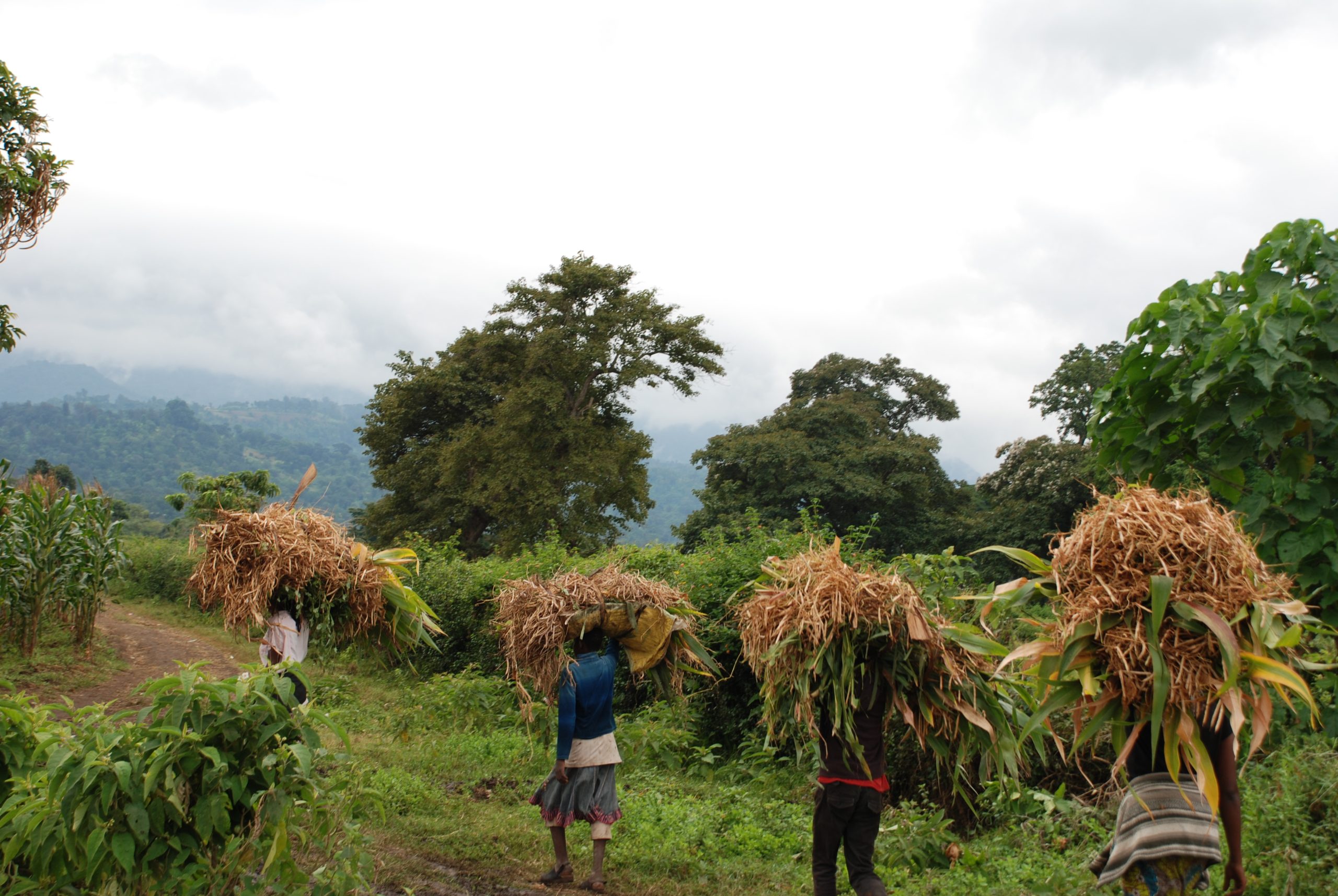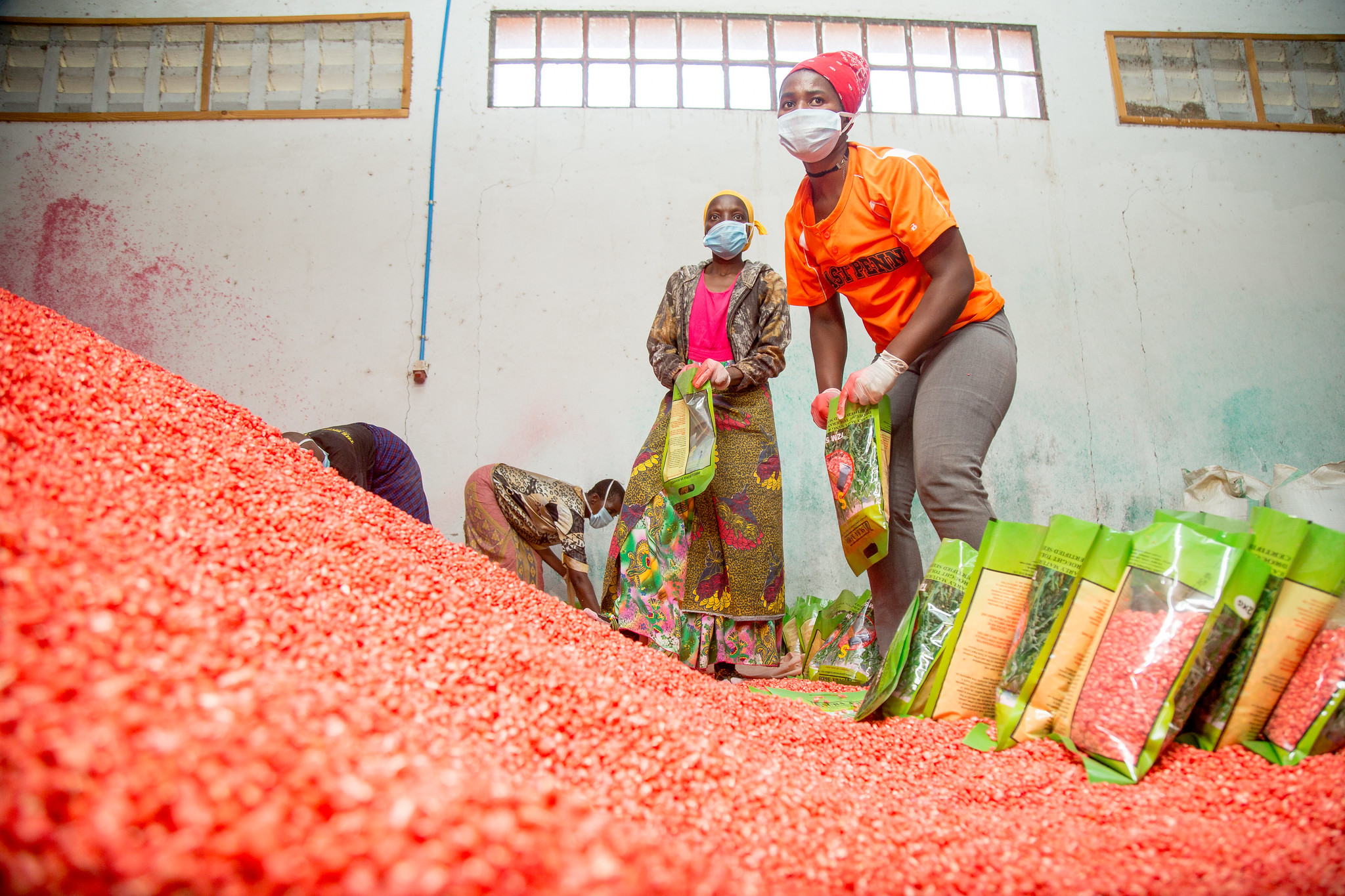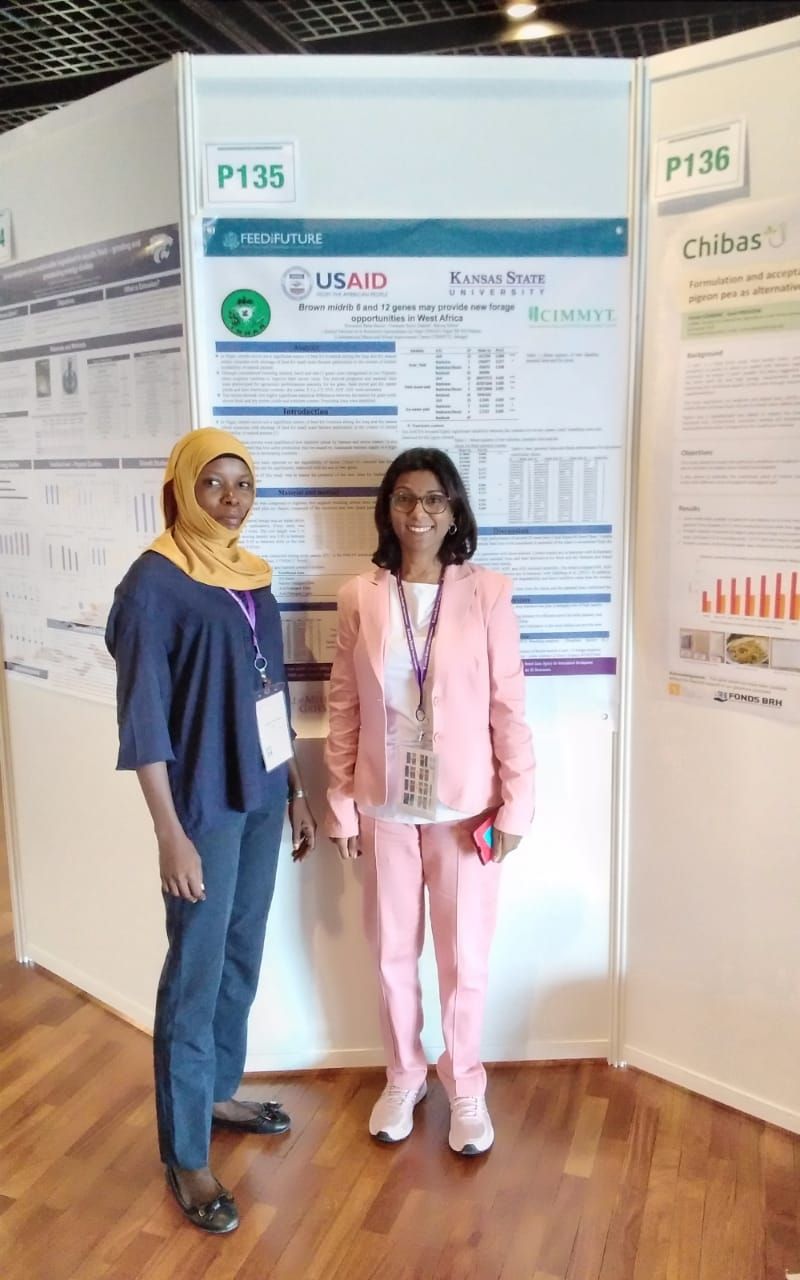Nutrition, health and food security
As staple foods, maize and wheat provide vital nutrients and health benefits, making up close to two-thirds of the world’s food energy intake, and contributing 55 to 70 percent of the total calories in the diets of people living in developing countries, according to the U.N. Food and Agriculture Organization. CIMMYT scientists tackle food insecurity through improved nutrient-rich, high-yielding varieties and sustainable agronomic practices, ensuring that those who most depend on agriculture have enough to make a living and feed their families. The U.N. projects that the global population will increase to more than 9 billion people by 2050, which means that the successes and failures of wheat and maize farmers will continue to have a crucial impact on food security. Findings by the Intergovernmental Panel on Climate Change, which show heat waves could occur more often and mean global surface temperatures could rise by up to 5 degrees Celsius throughout the century, indicate that increasing yield alone will be insufficient to meet future demand for food.
Achieving widespread food and nutritional security for the world’s poorest people is more complex than simply boosting production. Biofortification of maize and wheat helps increase the vitamins and minerals in these key crops. CIMMYT helps families grow and eat provitamin A enriched maize, zinc-enhanced maize and wheat varieties, and quality protein maize. CIMMYT also works on improving food health and safety, by reducing mycotoxin levels in the global food chain. Mycotoxins are produced by fungi that colonize in food crops, and cause health problems or even death in humans or animals. Worldwide, CIMMYT helps train food processors to reduce fungal contamination in maize, and promotes affordable technologies and training to detect mycotoxins and reduce exposure.
Smallholder Mexican farmers adopt resource-conserving innovations: slowly and in bits
 Climate adaptation and mitigation
Climate adaptation and mitigation
Supporting a gradual, step-wise adoption of conservation agriculture — along with livestock and residue management, use of new crops and improved varieties, and appropriate mechanization — appears promising.
A Mexican farm research program gains praise and interest for use abroad
 Climate adaptation and mitigation
Climate adaptation and mitigation
The Mexican government-supported research-for-rural development initiative MasAgro has raised maize and wheat yields and farm profitability while mitigating farmers’ risk and agriculture’s ecological and climate impacts.
A new Climate Adaptation Atlas to safeguard South Asian agriculture
 Climate adaptation and mitigation
Climate adaptation and mitigation
How to add value in baking by blending wheat, millet
 Innovations
Innovations
Source: The Star (19 Jul 2023)
Adding value to millets can be achieved through various ways, such as incorporating them into baking.
Brazil moves towards wheat self-sufficiency and seeks expansion in the global market
 Capacity development
Capacity development
Source: Brazilian Farmers (21 Jul 2023)
Brazil, which ranks among the top wheat importers, is on track to achieve self-sufficiency in wheat production with the succesful implementation of wheat strains from the International Maize and Wheat Improvement Center (CIMMYT).
Technical support for sustainable maize and associated crops production in Iguala
 Capacity development
Capacity development
Pakistan can be self-sufficient in wheat, says agency
 Capacity development
Capacity development
Source: Dawn ()
CIMMYT efforts are moving Pakistan closer to its goal of improving food and nutrition security through wheat production, with the release of 31 wheat varieties since 2021.
Three sisters and 120 sweet potatoes: Mexican farmers embrace Maya traditions
 Environmental health and biodiversity
Environmental health and biodiversity
Source: The Guardian (10 Jul 2023)
Maíz Criollo Kantunil, a group of farmers and agro-ecologists, has successfully reintroduced three varieties of native maize using seeds supplied by the International Maize and Wheat Improvement Center (CIMMYT).
Hot, dry, windy events on the rise in Kansas wheat fields
 Climate adaptation and mitigation
Climate adaptation and mitigation
Source: Succesful Farming (11 Jul 2023)
To dive into the challenges posed by climate change, researchers at the International Maize and Wheat Improvement Center, in Sonora, Mexico, are working to develop a range of wheat that can withstand extreme and unpredictable weather conditions.
MC Mühlenchemie presents the winners of the first Flour Innovation Award
 Capacity development
Capacity development
Source: Milling and Grain (4 Jul 2023)
International jury of renowned scientists and industry experts evaluate 23 research projects from four continents, awardees hail from South Africa, Ethiopia and Pakista
An Example of International Cooperation: China and CIMMYT
 Innovations
Innovations
Source: Science and Technology Daily (29 Jun 2023)
Awais Rasheed, an adjunct scientist at the International Maize and Wheat Improvement Center (CIMMYT), recently spoke to Science and Technology Daily about his pleasant experience working in China and the importance of international cooperation to address the global food security crisis.
